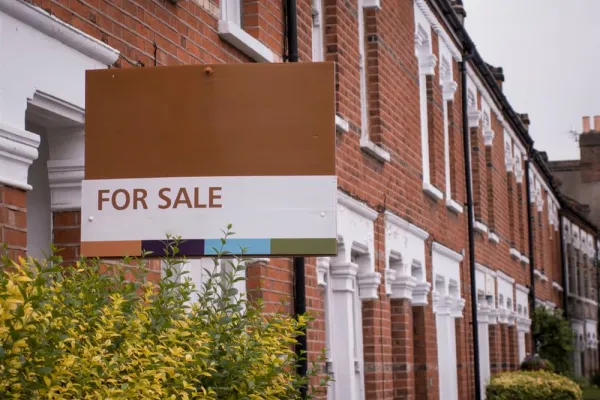Whether you’re buying or selling, getting a property valuation is crucial. But how many valuations do you really need?
Getting many valuations on your home seems sensible. But there are pros and cons to consider.
This blog will discuss valuations, when you need them, and how many you should get.
Why is a valuation so important?
A property valuation gives a reference point. Buyers can decide whether it’s in their budget. And whether they agree with the seller’s valuation.
For sellers, it ensures that you don’t sell for too little. Getting several valuations is crucial for this. Properties priced well tend to sell faster.
Valuations also underpin the mortgage lending process. Lenders need a valuation to confirm that the property secures the loan.
Accurate valuations reduce risk for buyers and lenders if the borrower defaults.
Will I be charged for each valuation?
It depends on the type of valuation and who requests it. Sellers usually need to pay for valuations they commission from estate agents or surveyors.
However, buyers can often get free valuations as part of an agent’s service.
Mortgage lenders also provide free valuations for their customers.
These lender valuations determine if the property meets the lender’s requirements. The report belongs to the lender, but buyers can request a copy.
So, in most cases, buyers won’t pay for valuations. Sellers must cover the cost of valuations when they start.
More detailed survey reports, like home buyer surveys, will incur fees.
How many valuations should I get on my house?
There are no definitive rules on the ideal number of valuations you should get when selling a house.
But most experts recommend getting at least two from different estate agents.
With two valuations, you can compare the estimates and get a reasonable gauge of what your home is worth.
Beware of estate agents valuing your home too highly. They might be exaggerating. Reputable estate agents won’t do that.
As a buyer, you should get a free mortgage lender valuation. You can also request one or two free valuations from estate agents to compare.
Some sellers choose to get 3-4 valuations or more. This might help you assess buyers’ interest at different price points in a slow market.
But each extra valuation will add time and cost. And in a fast-moving market, your home’s value could change.
Sellers’ needs
The number of valuations you should get depends on your needs and situation.
Sellers of higher-value or unique properties may want more opinions on what their home could achieve.
First-time buyers with smaller budgets may only need their lender’s valuation.
What is a lender valuation?
When you apply for a mortgage, the lender will instruct a surveyor to value the property.
This ‘lender valuation’ confirms it can be a security for the mortgage.
The valuer will inspect the property’s interior and exterior. This is to assess its condition, construction, and value.
However, a lender valuation is less comprehensive than other survey options.
It focuses on the property’s monetary value, not identifying defects or problems.
Lender valuations belong to the mortgage provider, not the buyer. But, as mentioned earlier, you can ask for a copy of the report if you are buying the property.
This gives you a professional opinion of the property’s value for mortgage purposes.
How do I know which valuation to trust?
When selling, it can be tempting to trust the highest valuation on your property. However, a high valuation could be an unrealistic sales tactic.
Instead, look for consistency between valuations from different agents or surveyors.
Lender valuations also hold weight, as qualified surveyors do them.
However, lender valuations may be conservative. Mortgage lenders want to minimise risk, so their valuations tend to be cautious.
The number and detail of valuations matters, too. More valuations allow you to compare findings and should produce a realistic estimate.
In-depth survey reports also provide greater confidence than quick market appraisals.
Should I always go for the highest valuation?
Not necessarily. Some estate agents will exaggerate to lure you in.
But they’ll drop it back down when the house doesn’t sell. This is a tactic lots of companies use.
Pick the company that’s being honest with you. It’s not about what you want to hear – it’s about the truth.
The best approach is to compare all the valuations and seek a consensus. The highest and lowest figures are outliers.
The truth likely lies in the middle. Let this guide you rather than chasing the highest number.
















